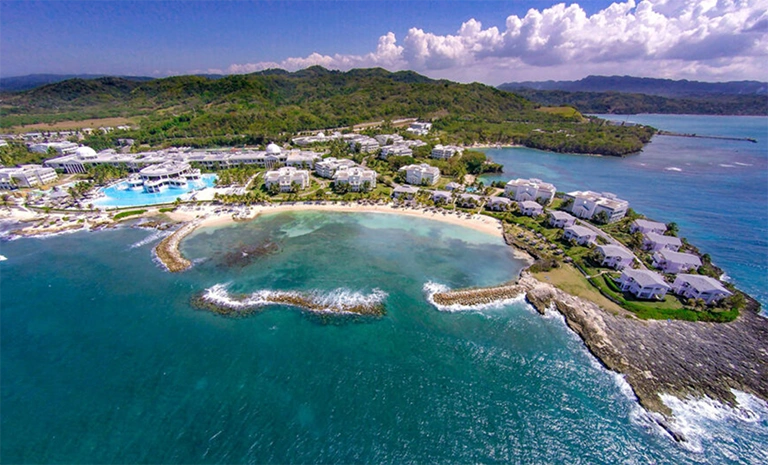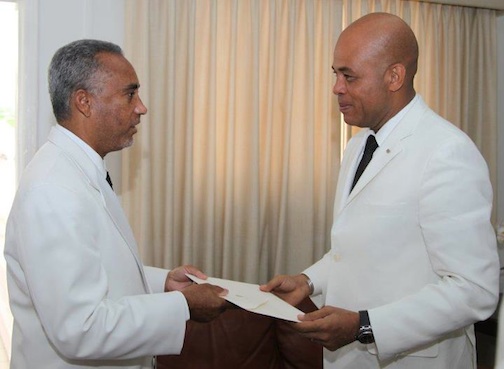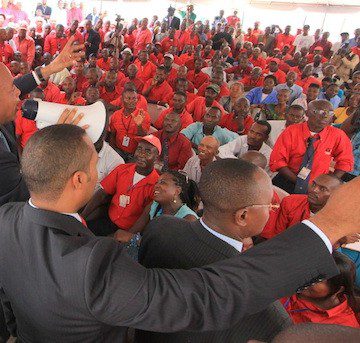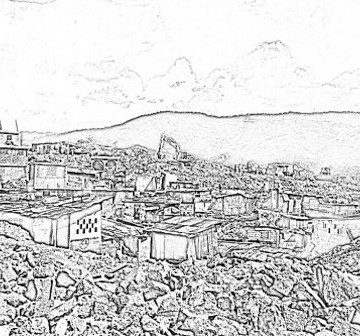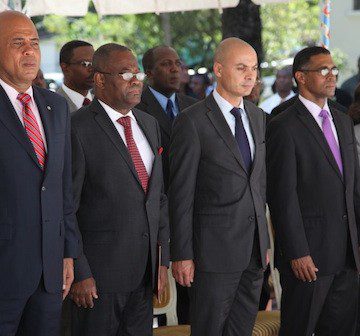Op-Ed: Sasportas, Haiti, Jamaica and the Failed Revolution of 1799
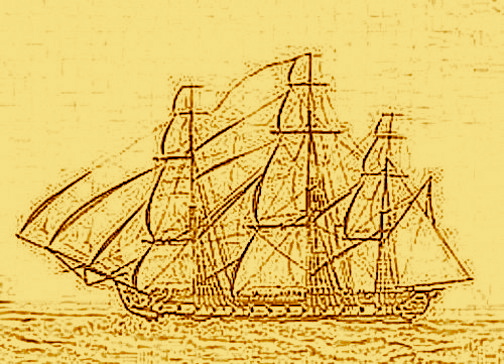
By Philippe Girard
Op-Ed Contributor
Caribbean history is a fascinating field of study, particularly in the 18th century, when sugar was king and Caribbean islands were some of the most strategically important territories in the world, akin to oil emirates today.
Diversity is the key word when studying Caribbean history. The region was settled by individuals from different continents that interacted to form a manifold Creole culture.
Beyond the three obvious groups of settlers—Amerindian natives, then European explorers, then African slaves—Caribbean islands also welcomed people ranging from Indian and Chinese indentured servants to Syrian and Jewish merchants.
The individual trajectories of these Caribbean settlers are often spellbinding. I am currently working on a singular individual named Isaac Jeshurun Sasportas.
Sasportas was a merchant born in Cap-Haïtien around the 1770s, at a time when Haiti was still a French colony. Like many Caribbean Jews, he belonged to a Sephardic family that had fled the Spanish Inquisition and had spread out throughout the Atlantic world.
His relatives were merchants, planters, and rabbis who lived in Hamburg, Amsterdam, Bordeaux, Charleston, SC, St Thomas, and Curaçao, where one of them, Rephael Jeshurun, built the Snoa, the oldest operating synagogue in the Americas.
Sasportas lived during a period of intense political upheavals: the French and Haitian revolutions. This was a time when Jews and people of color, who had until then been treated as second-class citizens in Europe and the Caribbean, were granted equal rights by France. Sasportas thus became a full-fledged citizen of France, as did the former slaves of Haiti.
But Sasportas was not content with simply enjoying his rights: he wanted all people in the region to gain the benefits of liberté and égalité.
In 1799, he and the French agent in Haiti decided to send an expedition across the Jamaica Channel. The goal was of course to conquer Jamaica, the most valuable colony of France’s enemy, England. But it also involved a daring plan to free Jamaica’s slaves.
The expedition involved a motley group of individuals. Traveling incognito through Cuba, Sasportas went to Jamaica so as to contact Blue Mountain maroons and Jamaican slaves and incite them to revolt.
Barthélémy Dubuisson, a Catholic monarchist, accompanied him. His job was to contact the French community in Kingston and turn it into a fifth column. Martial Besse, a mixed-race French general, would then sail from Haiti with 4,000 black soldiers. D-Day was set for Christmas 1799.
A month before the plot could be set in motion, however, Sasportas was captured by British authorities in Kingston, put on trial, and sentenced to death by hanging for inciting slaves to revolt (Dubuisson collaborated with the prosecutors and was spared). Christmas 1799, in the end, did not mark the beginning of a slave revolt but Sasportas’ public execution. Invasion plans were shelved; Jamaica’s slaves would not be fully free until 1838.
There is one final twist to this story: the person who denounced the plot to British authorities was none other than … the famed Haitian revolutionary leader Toussaint Louverture. His actions completely upend our views of him as a single-minded advocate of slave rebellion. Louverture was an abolitionist; but by 1799 he had also become a prominent statesman who viewed the Sasportas venture as an unwelcome diversion from the more important task of ruling Haiti. He thus leaked the plans of invasion to ingratiate himself to the governor of Jamaica.
Jews and Catholics, blacks and whites, a former slave betraying a slave revolt: the story of the failed Sasportas expedition is typical of Caribbean history’s complexity and of its endless ability to surprise us.
Philippe Girard is an Associate Professor of Caribbean History at McNeese State University in Louisiana. He is the author of The Slaves Who Defeated Napoléon: Toussaint Louverture and the Haitian War of Independence (University of Alabama Press, 2011).
Note: the opinions expressed in Caribbean Journal Op-Eds are those of the author and do not necessarily reflect the views of the Caribbean Journal.
